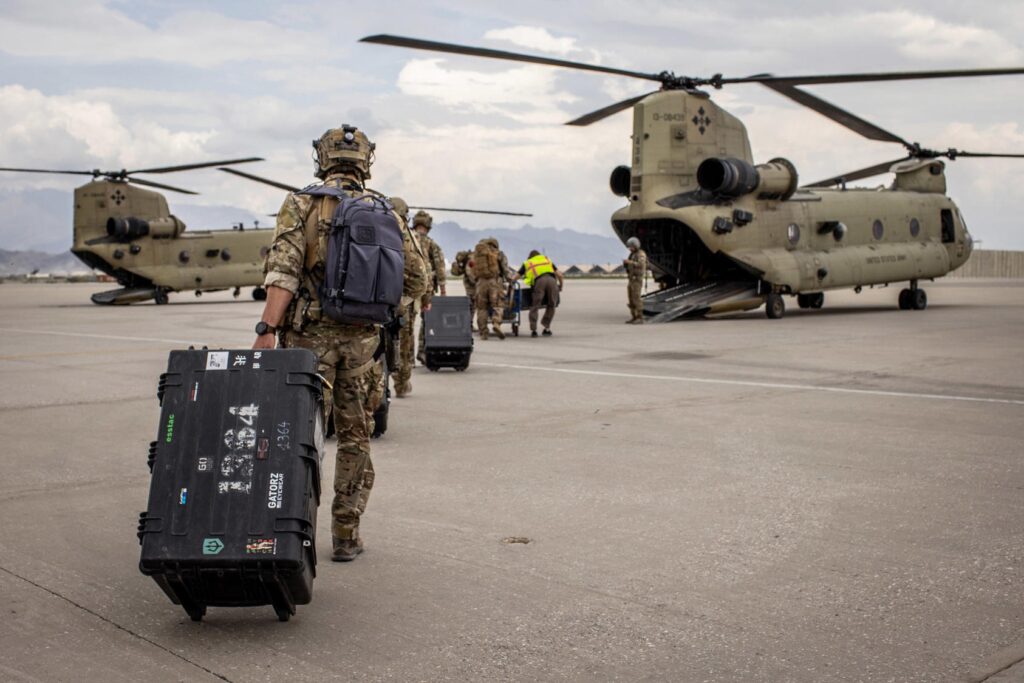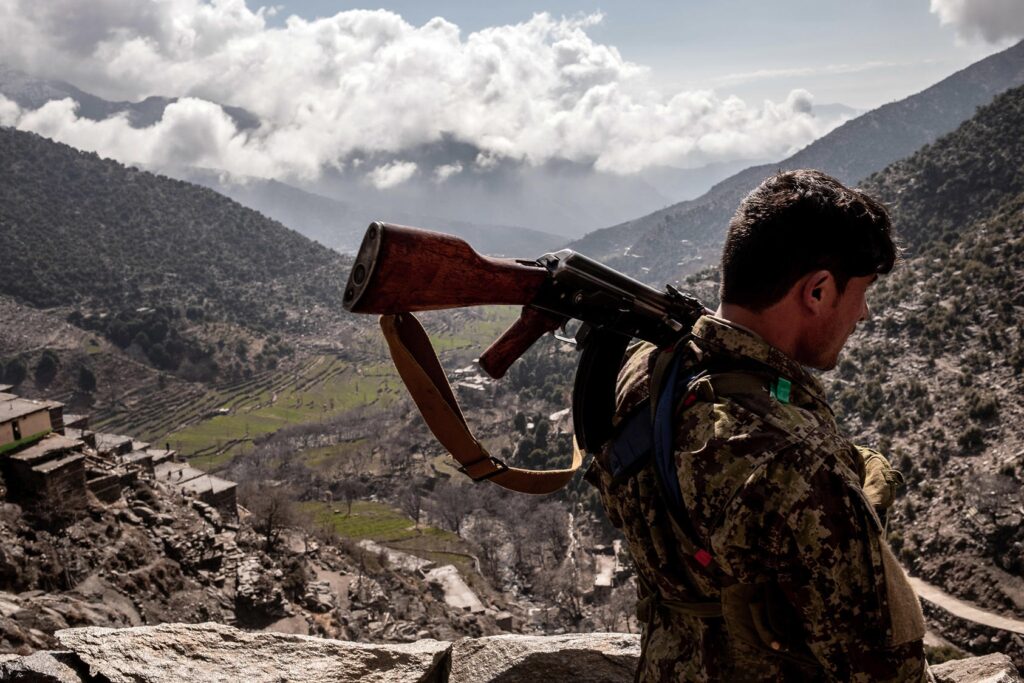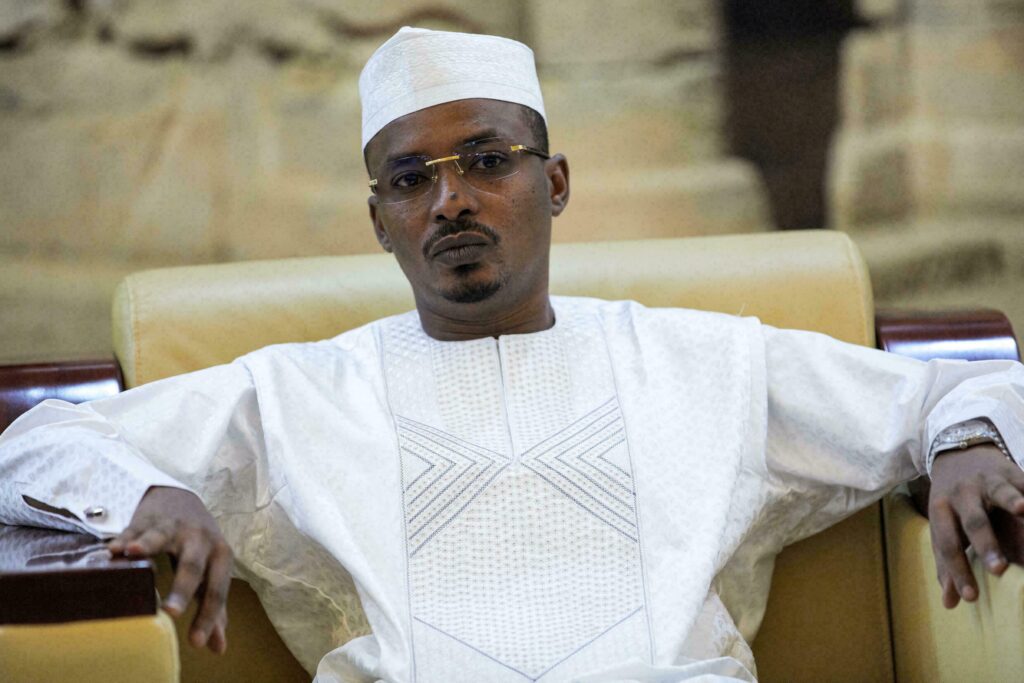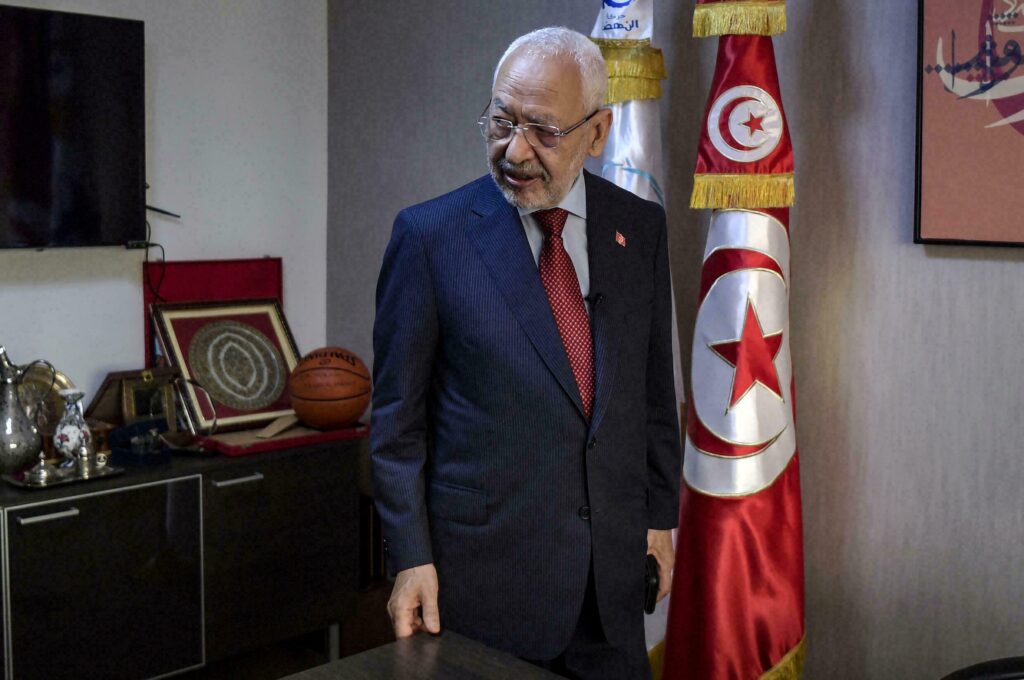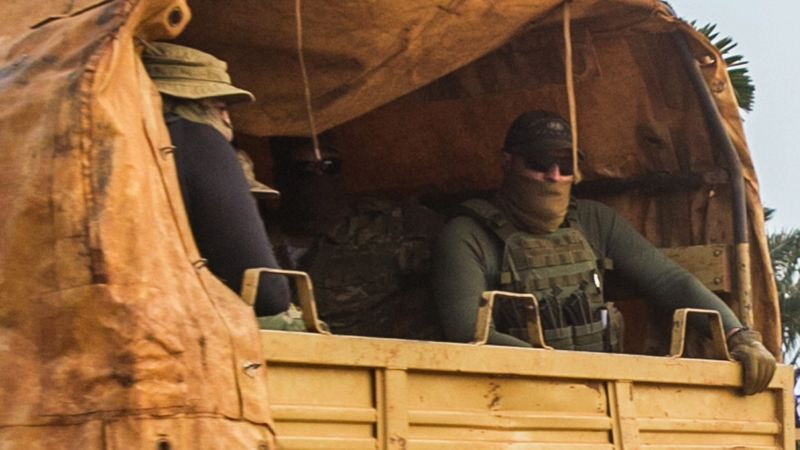The top U.S. military officer says the United States should explore ways to expand its military contacts with Russia as a way to increase trust and avoid a miscalculation.
Army General Mark Milley, chairman of the Joint Chiefs of Staff, said allowing things such as observers at each other’s combat exercises would increase transparency and reduce the risk of conflict.
“We need to put in place policies and procedures to make sure that we increase certainty, to reduce uncertainty, increase trust to reduce distrust, increase stability to reduce instability in order to avoid miscalculation, and reduce the possibility of great power war,” Milley said. “That’s a fundamental thing that we should try to do, and I am going to try to do it.”
Milley made the comments on September 23 after meeting his Russian counterpart, General Valery Gerasimov, chief of the Russian General Staff, in Finland on September 22.
Milley said that military contacts between the two powers currently are largely limited to senior leaders such as the defense secretary, the chairman of the Joint Chiefs of Staff, and the supreme allied commander for Europe.
But he said allowing military service chiefs to form stronger relationships with their Russian counterparts and allowing observers at exercises are ideas worth exploring.
Milley, who spoke with an AP reporter and one other reporter traveling with him back to the United States, declined to detail the contents of his talks with Gerasimov, but a statement from the Joint Chiefs of Staff suggested that more open communication was discussed.
“The meeting was a continuation of talks aimed at improving military leadership communication between the two nations for the purposes of risk reduction and operational deconfliction,” the statement said.
Milley said that military-to-military contacts with Russia have worked in the past to de-escalate tense situations. Without being specific, he said there were “a couple of incidents that occurred between us and the Russians over the last two years” that triggered calls between Milley and Gerasimov.
The U.S. and Russia increased cooperation on nuclear security and other defense issues after the end of the Cold War, but the relationship deteriorated after Russia and Georgia fought a brief war in 2008 and Russian troops remained in Georgia’s regions of South Ossetia and Abkhazia. Tensions spiked again in 2014 when Russia annexed Ukraine’s Crimean Peninsula and its military intervened in eastern Ukraine.
In response to the invasion of Crimea, Congress in 2016 limited cooperation with Russia, prohibiting “military-to-military cooperation” until Russia ends its “occupation of Ukrainian territory” and “aggressive activities.” The law was later amended to say that it does not limit military talks aimed at “reducing the risk of conflict.”
